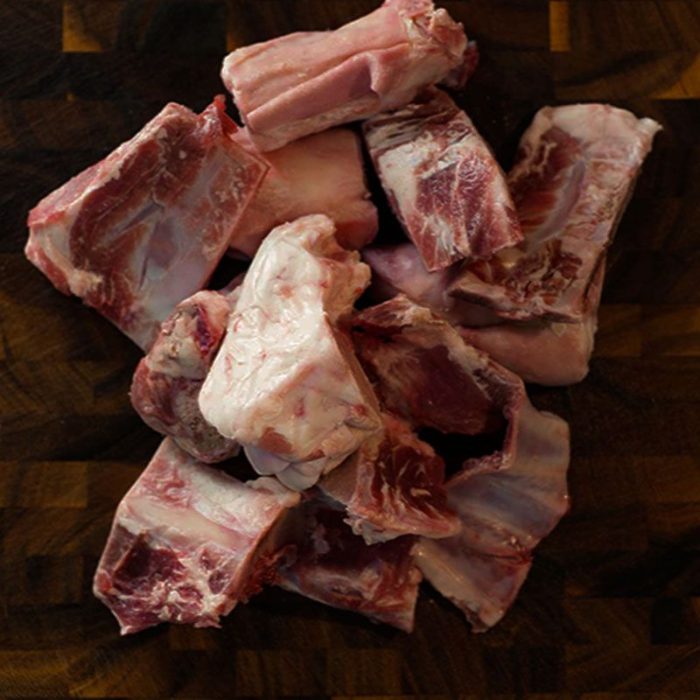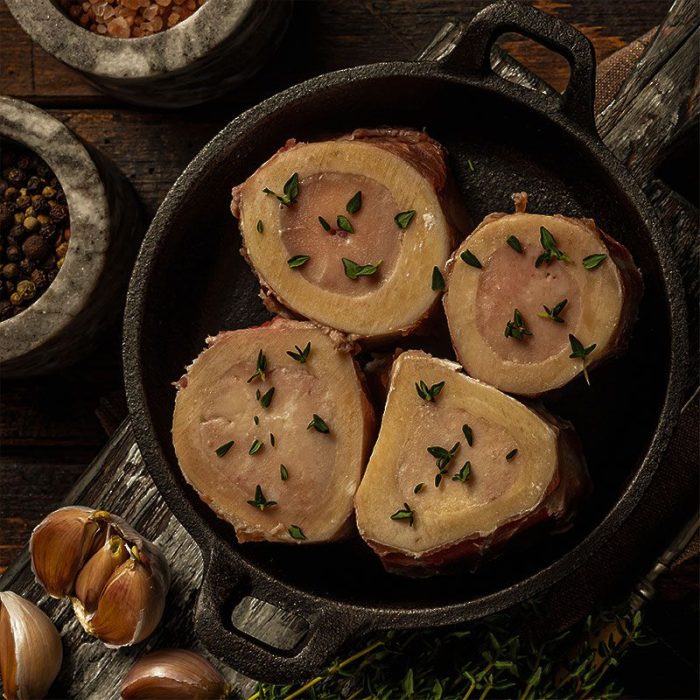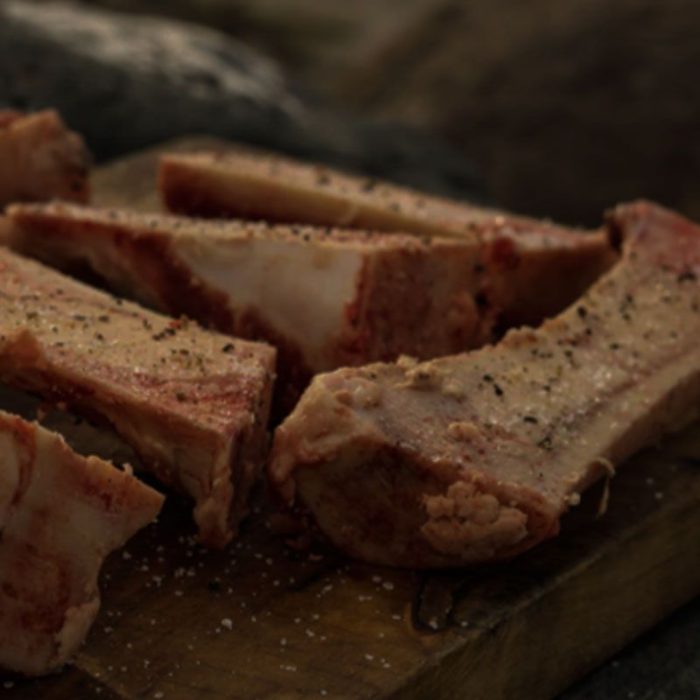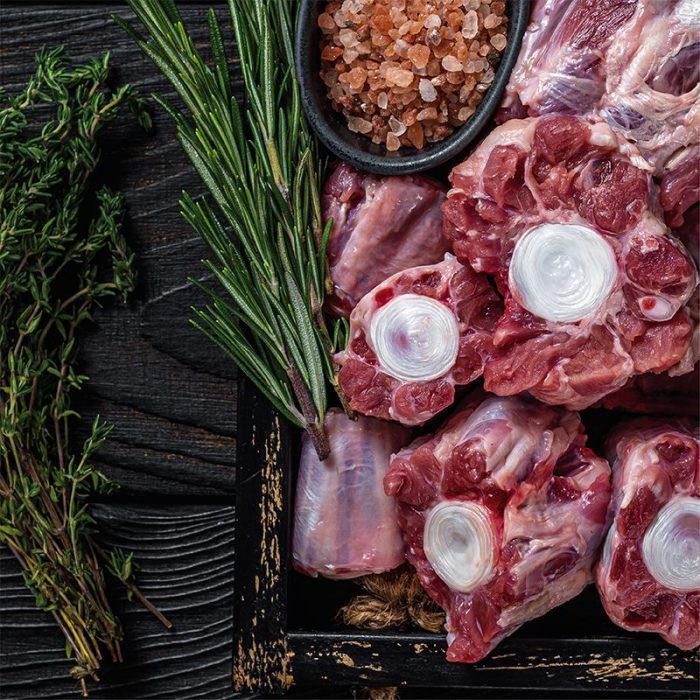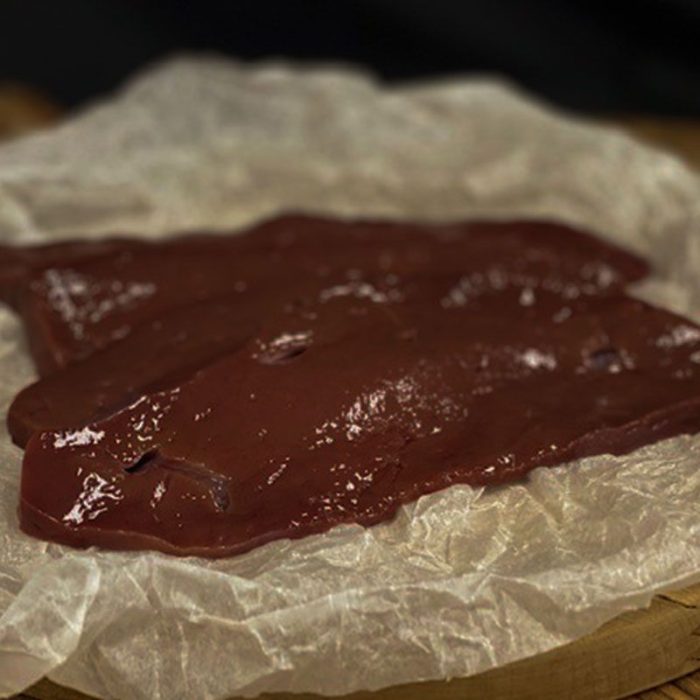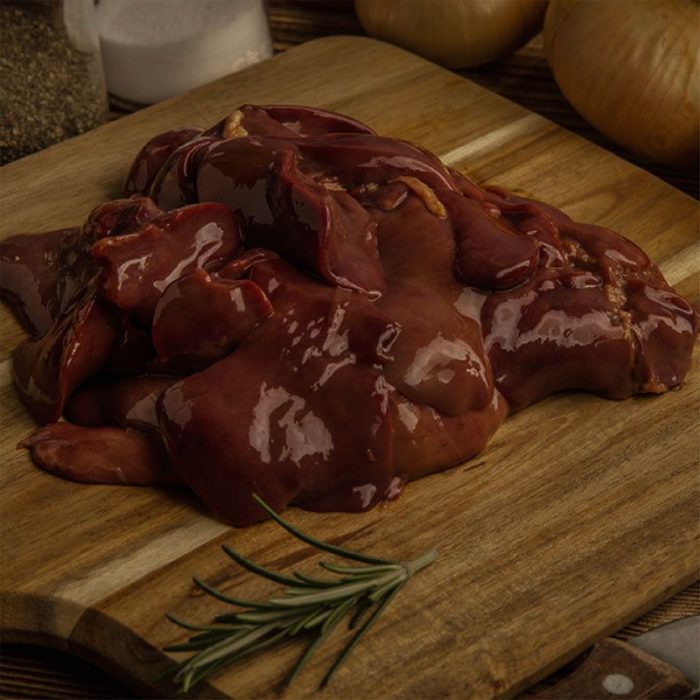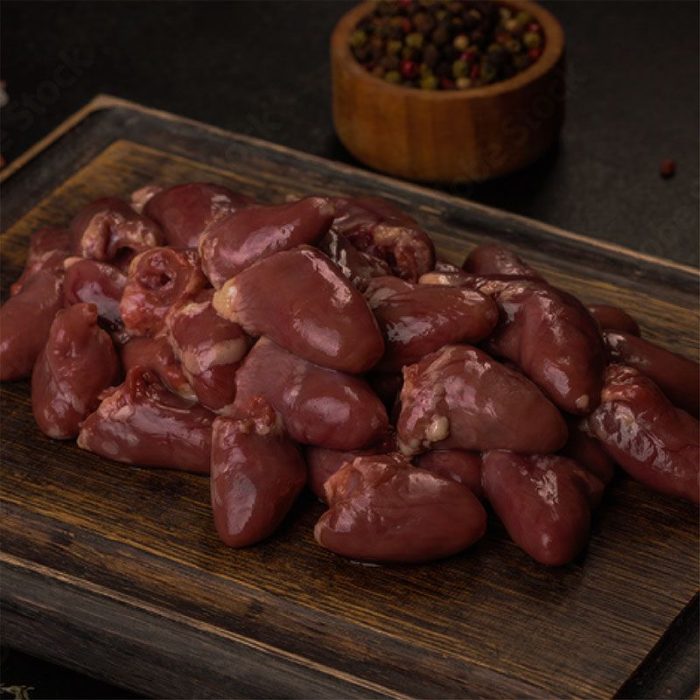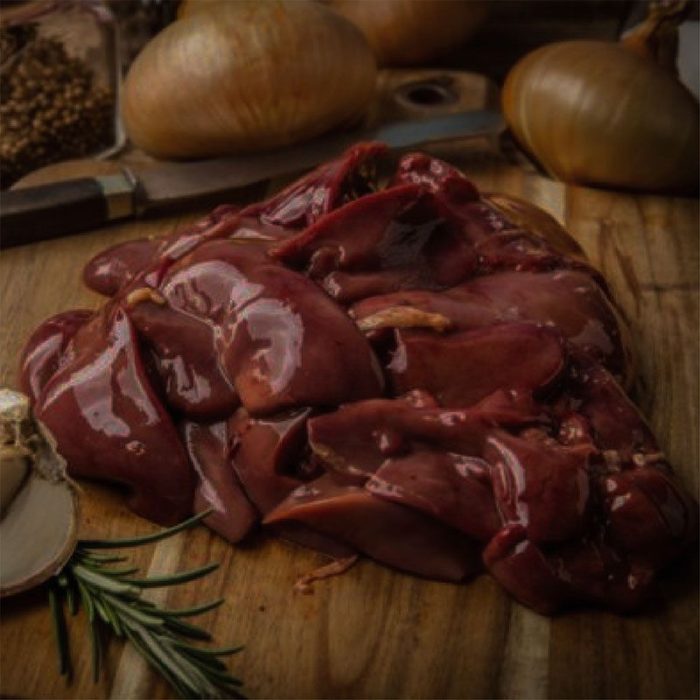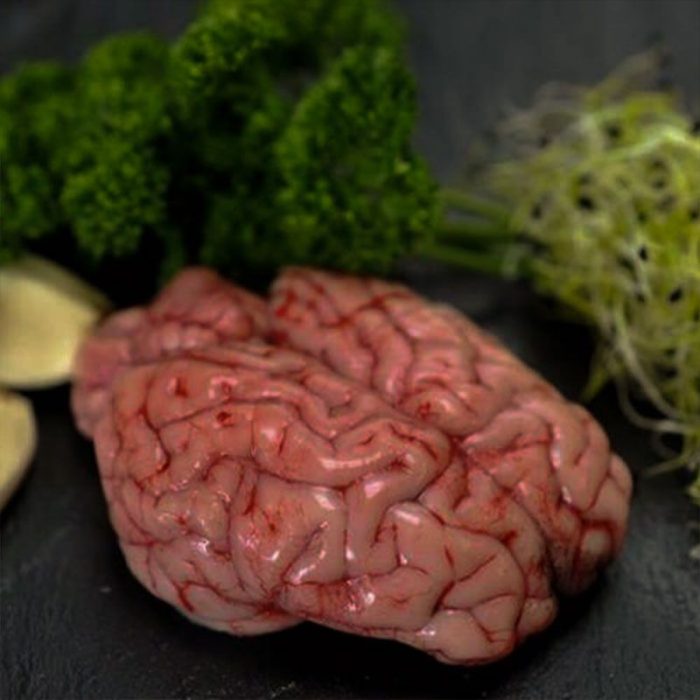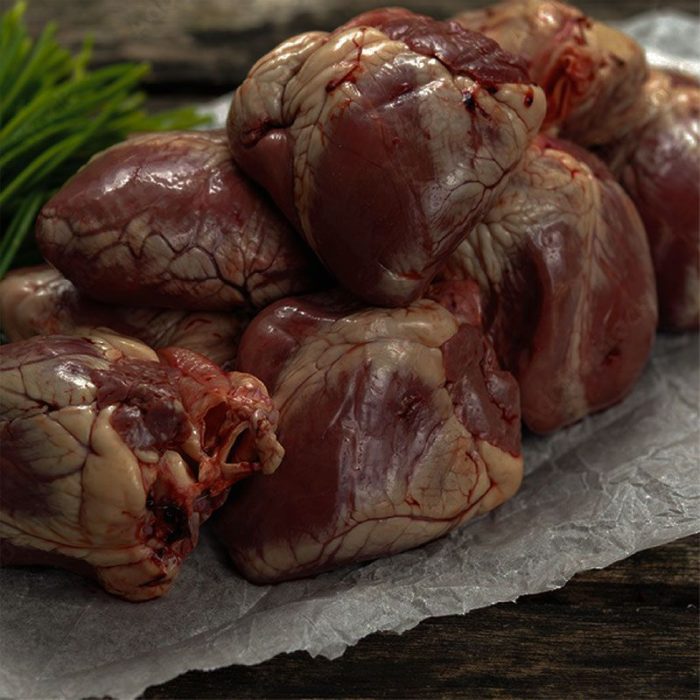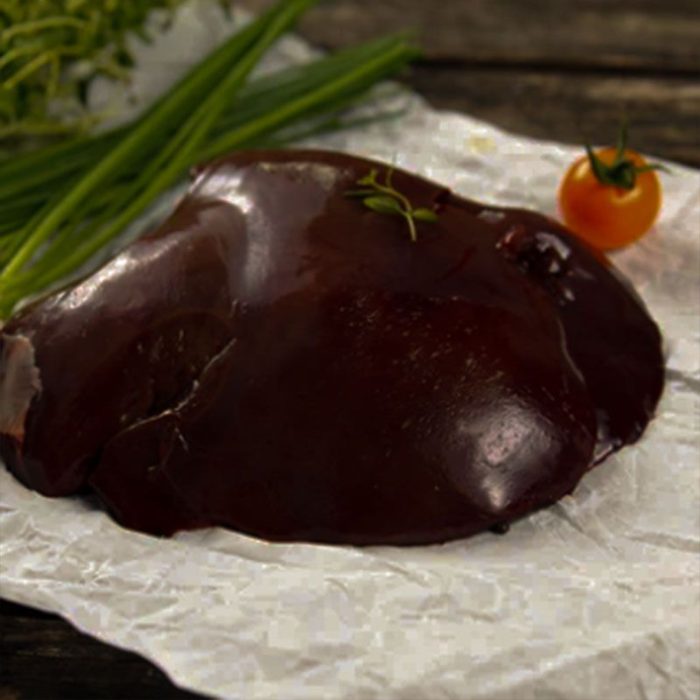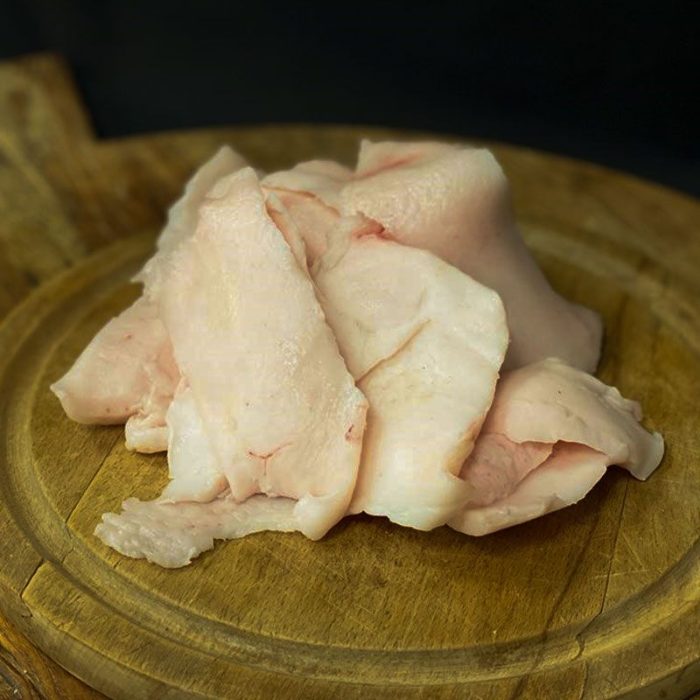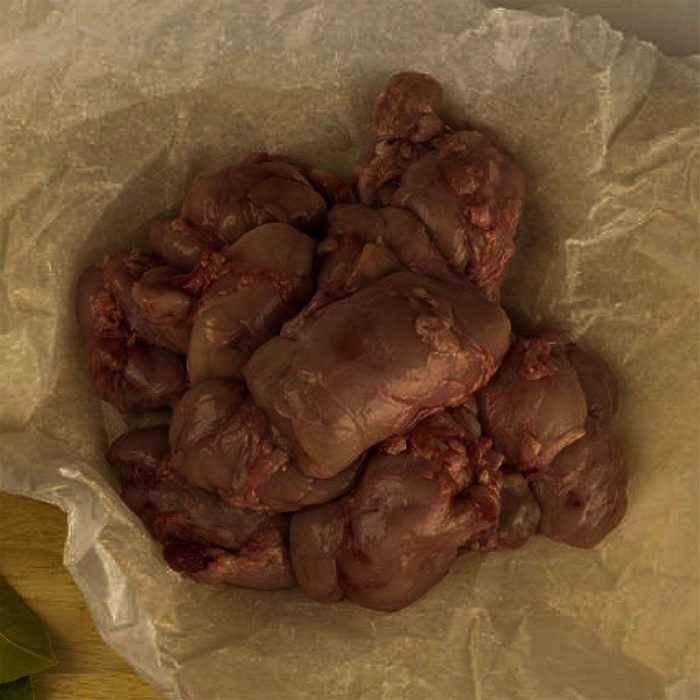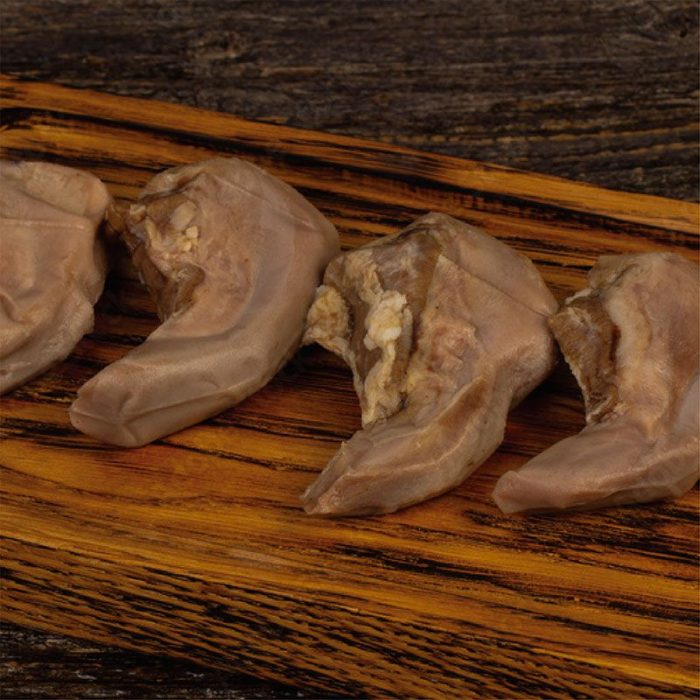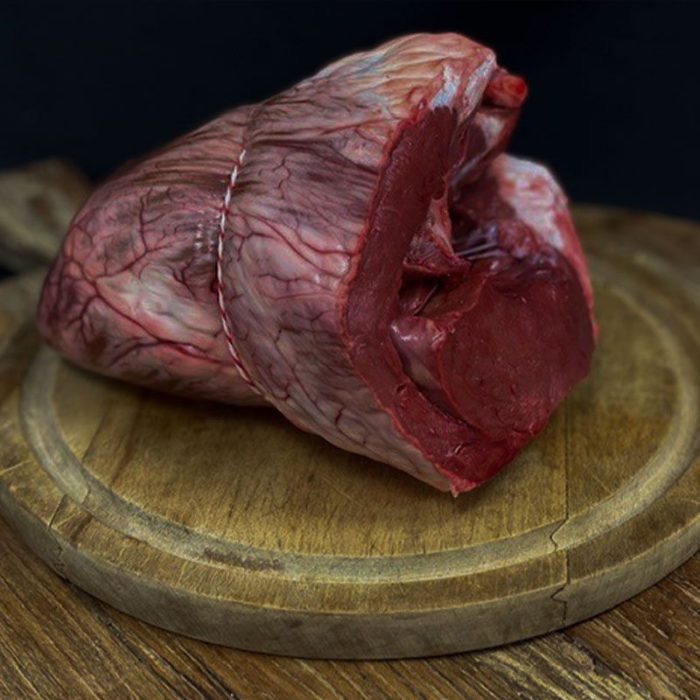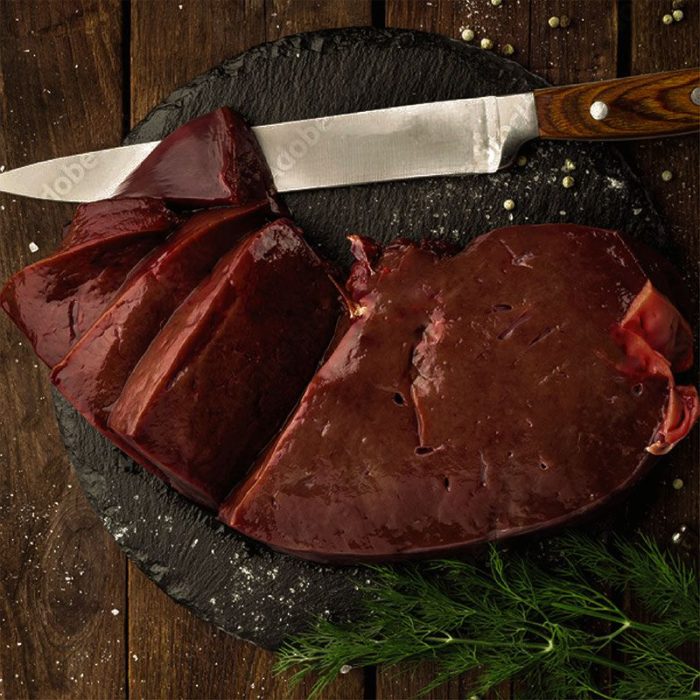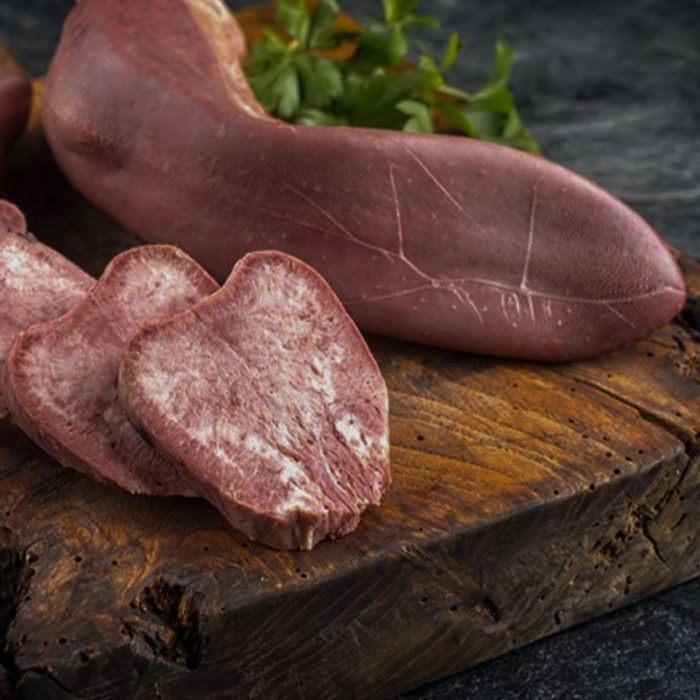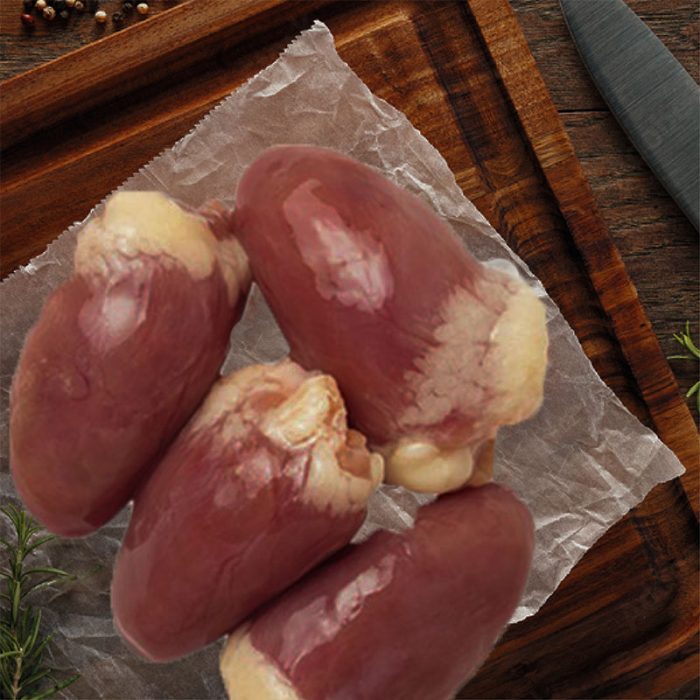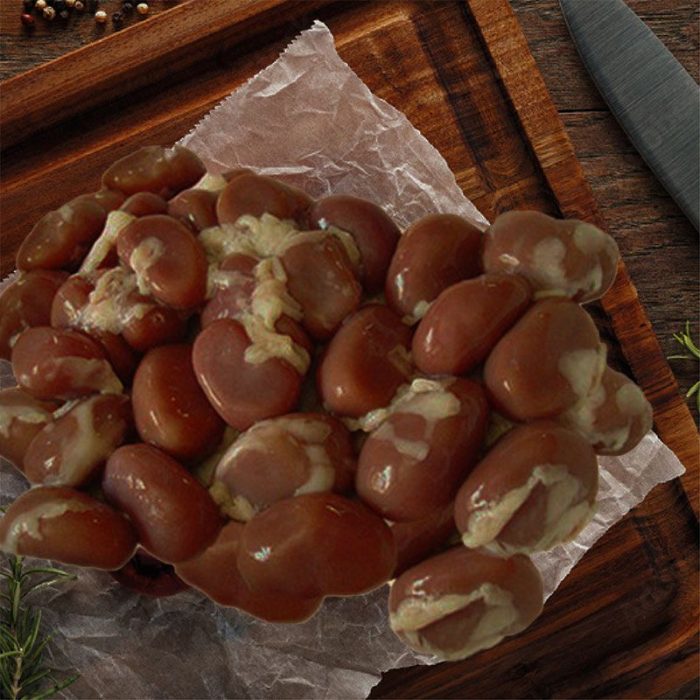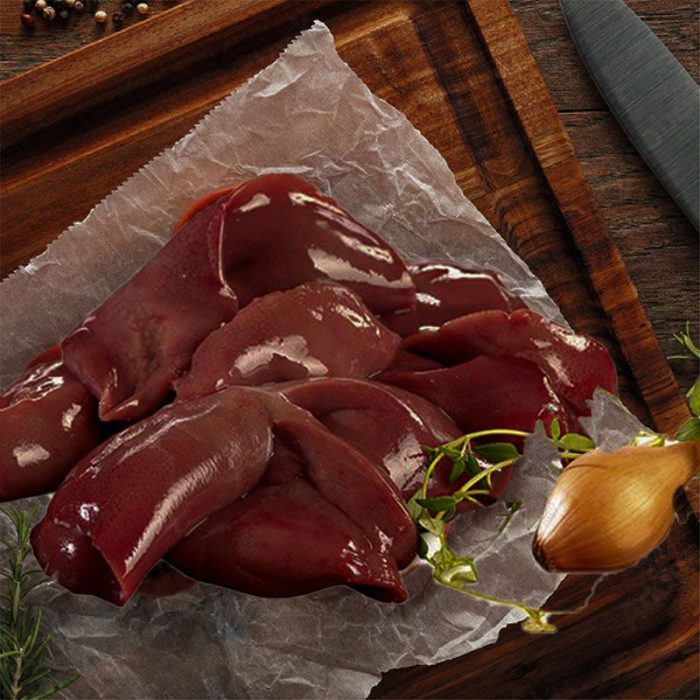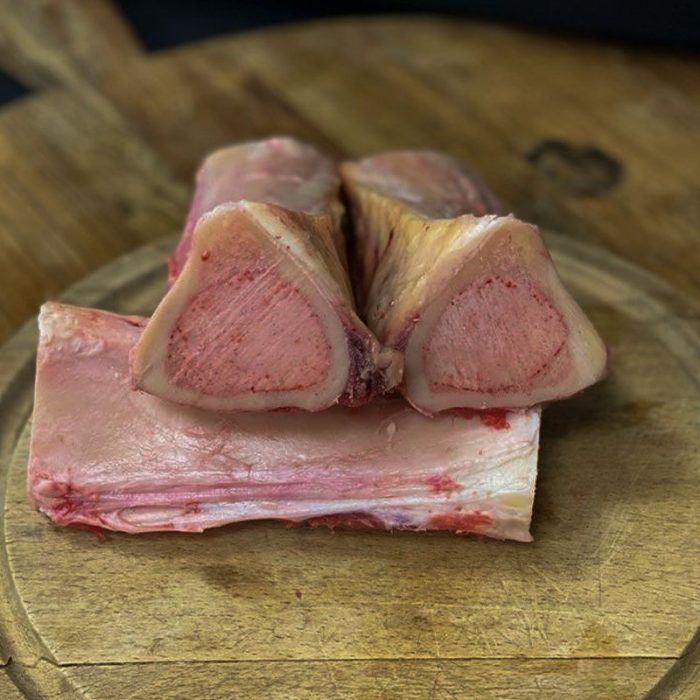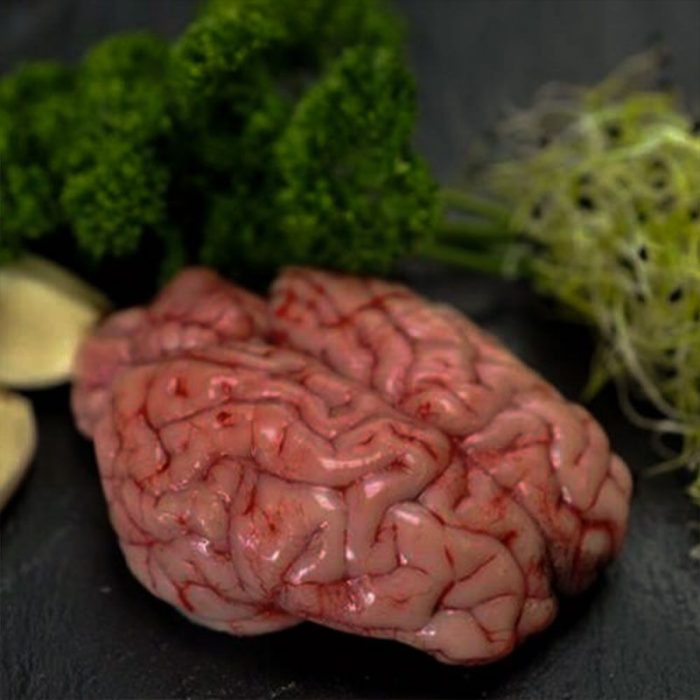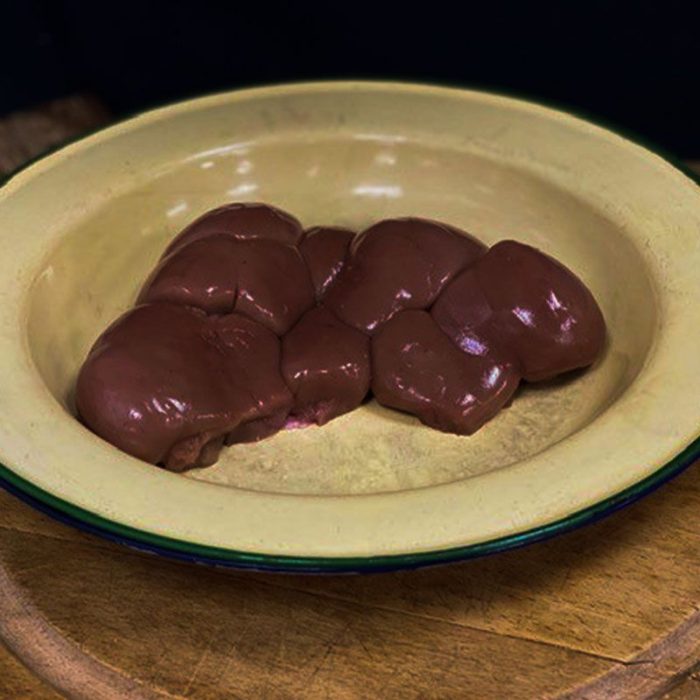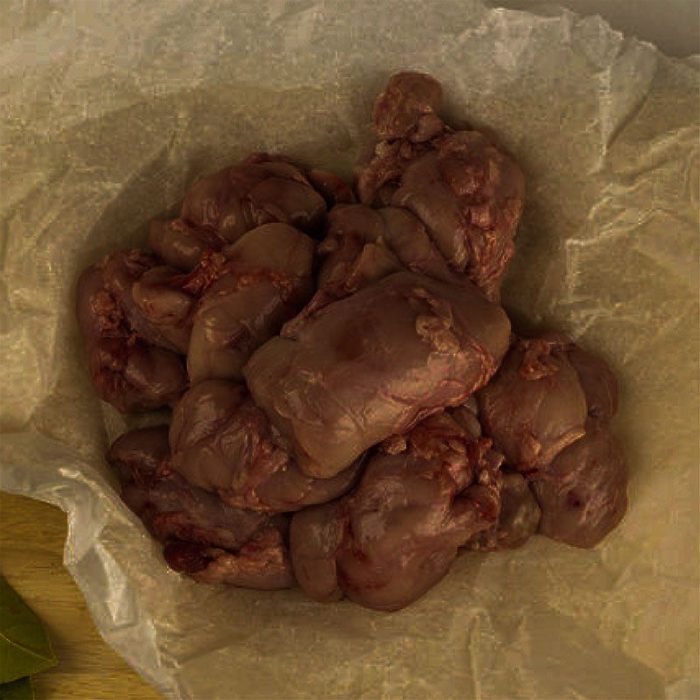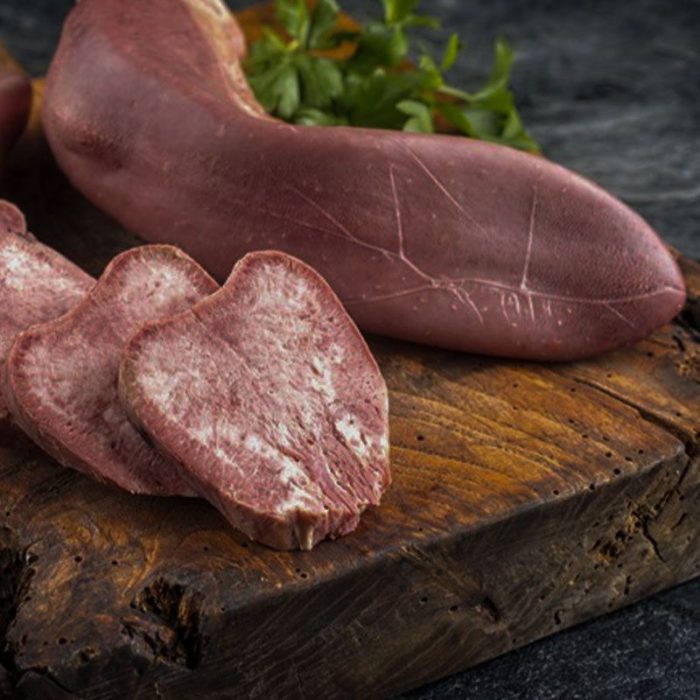Offal Meat
Offal meat, also known as variety meat, refers to the internal organs and other parts of an animal that are not typically consumed as muscle meat. While not as popular as other meat cuts, offal meat is prized for its unique flavors and nutrient-rich composition. One type of offal meat that is commonly used in cooking is beef bones, particularly beef marrow bones. These are rich in gelatin and minerals, making them ideal for making stocks and broths. Chicken livers and calves livers are also used in various dishes, such as pâtés and terrines, due to their distinct flavor and smooth texture. Beef oxtail, which is the tail of a cow, is a tough and flavorful cut that is often used in soups and stews. Duck heart, which has a mild and tender taste, can be grilled or sautéed as a main dish or added to salads. Lamb brain and lamb kidneys are other examples of offal meat that are enjoyed in some cuisines for their unique flavors and textures. Ox tongue, which is the muscle from the tongue of a cow, is another type of offal meat that can be boiled, braised or roasted for a tasty and tender dish. Rabbit hearts are another delicacy in some cuisines, often served grilled or fried as an appetizer. Offal meat is often categorized into two types: organ meats and variety meats. Organ meats include the liver, heart, kidneys, and brain, while variety meats refer to other edible parts such as the tongue, tripe, and sweetbreads. While offal meat may not be as commonly consumed as other meat cuts, it is a rich source of nutrients, including vitamins B12 and A, iron, zinc, and copper. Additionally, using offal meat in cooking can reduce food waste and help support sustainable agriculture practices. In conclusion, offal meat may not be everyone’s first choice, but it offers a variety of unique flavors and important nutrients. Examples of offal meat include beef bones, chicken and calves livers, beef oxtail, duck heart, lamb brain, lamb kidneys, ox tongue, and rabbit hearts. By incorporating offal meat into your diet, you can expand your palate and support sustainable food practices.

 Back
Back